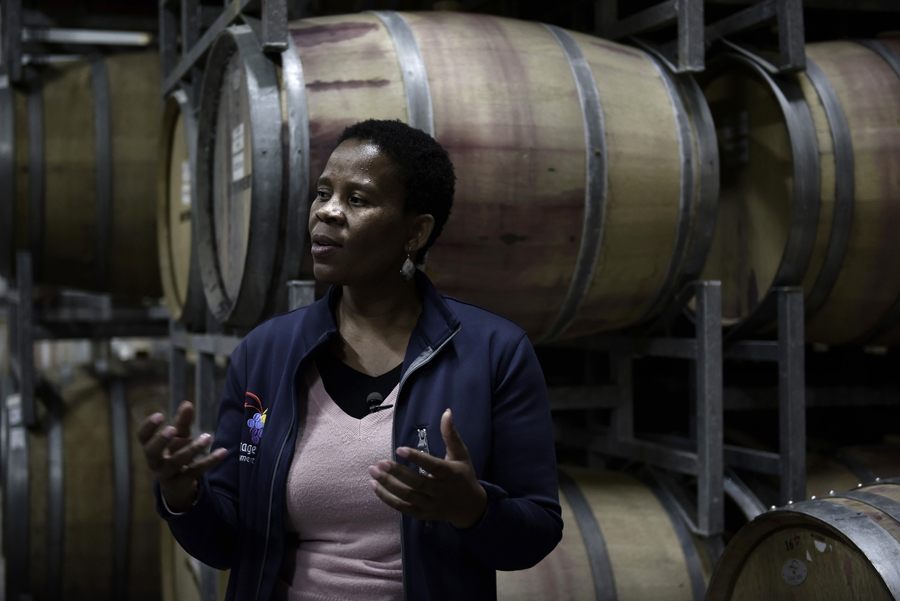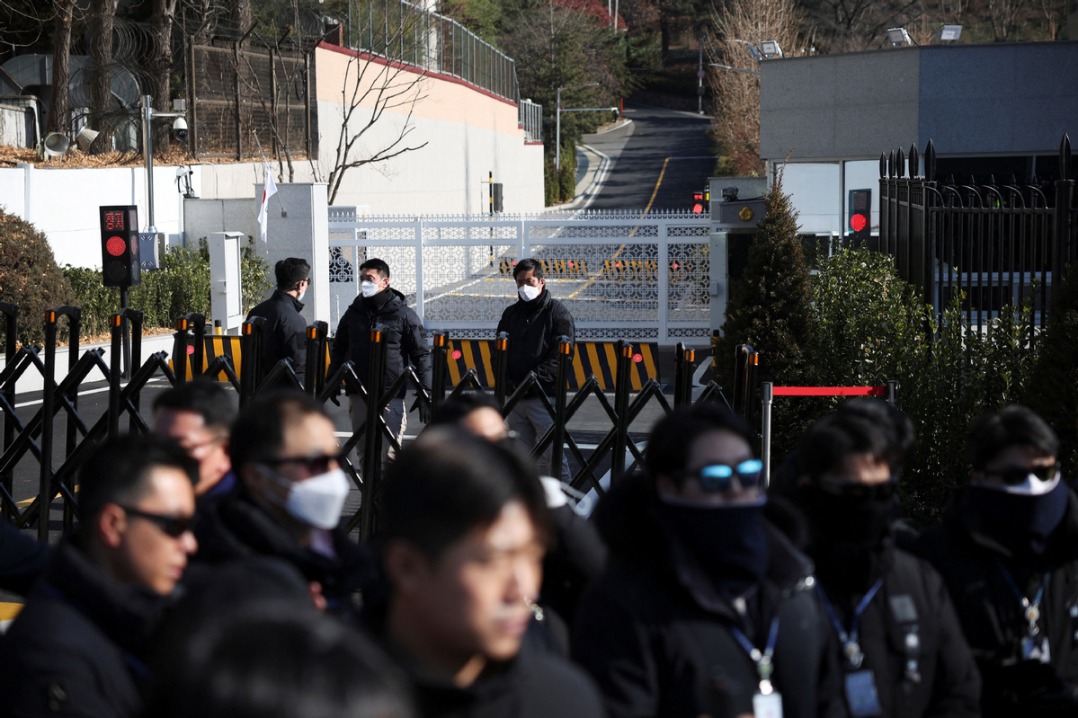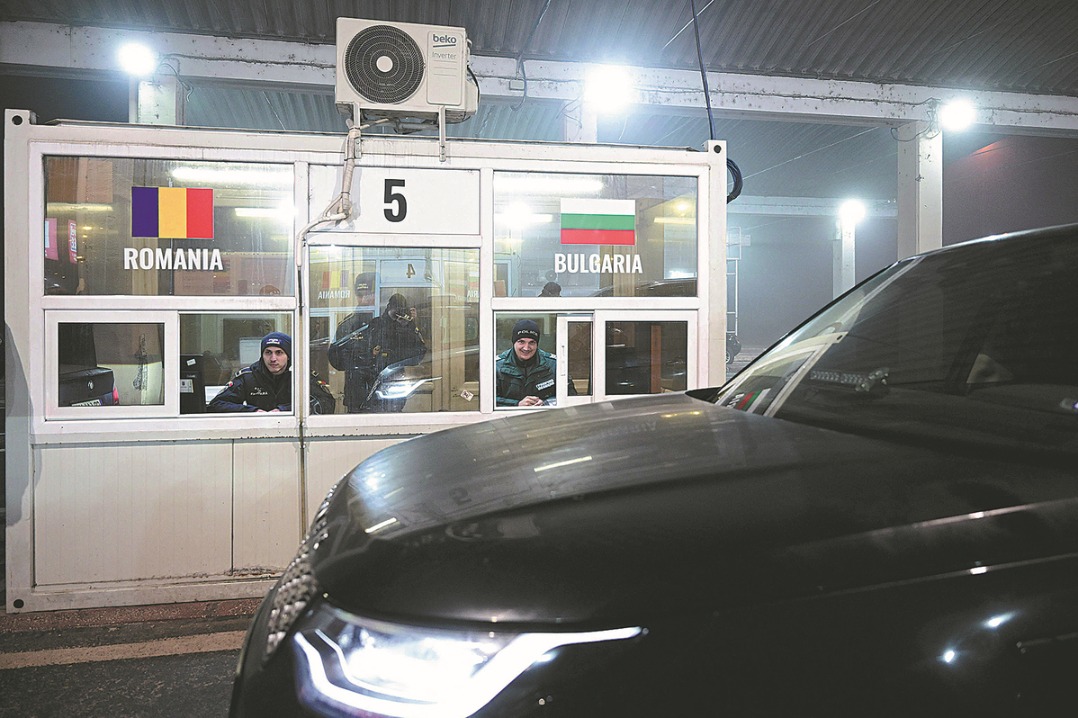Black South African winemaker shakes up industry


STELLENBOSCH, South Africa-With a history dating back over three centuries, South Africa's world-renowned wine industry has long been the domain of generations of just a few elite white families.
But the emergence of a crop of new black players such as winemaker and owner of Aslina Wines, Ntsiki Biyela, is changing the makeup of the industry that is among the world's top 10 wine producers.
Biyela, 39, shot to fame in 2004 as South Africa's first black female winemaker, shattering stereotypes about black people's affinity for wine, and she now exports around the world.
After 13 years in the wine scene, Biyela believes that the capital-intensive industry is "big enough" for new entrants, but admits it is "not easy to crack".
"Apart from the financial aspect of it, the winemaking process demands dedication, from dealing with the vinegrowers, buyers and the consumers," she said.
"You have to understand the whole value chain."
Her export-focused company, Aslina Wines, established three years ago, produces sauvignon blanc, cabernet sauvignon, chardonnay and a bordeaux blend sourced from around Stellenbosch, South Africa's mountain-rimmed wine region outside Cape Town.
"I produce the wine myself and oversee the process from the beginning to end," she said.
In a wine-bottling facility in Stellenbosch, hundreds of Aslina wines snake through a conveyor belt, ready to be packaged and shipped to destinations as various as the US, Germany, Ghana.
The wine not yet available locally in South Africa, but plans are afoot to take it to many more global markets.
Biyela entered the industry after studying viticulture studies at Stellenbosch University, and worked as a resident winemaker at Stellekaya Winery, a family-owned producer.
Aslina, named after Biyela's late grandmother, has grown from producing 2,400 bottles of wine three years ago to 12,000 units this year.
She wants to increase output to 18,000 bottles in 2018.
Growing up in Mahlabathini, a far-flung rural village north of the eastern KwaZulu-Natal province, Biyela never dreamed of being a winemaker, and only tasted it for the first time at the age of 20.
"I really did not like the taste, I thought it was horrible," she said with an embarrassed grin.
Biyela also wants to use Aslina to inspire other winemakers, in a country where black people's participation has long been that as laborers on farms, sometimes paid through the notorious "dop" when salaries were partially paid in cheap wine.
According to producers' group Wines of South Africa, black people only have a 2 percent share in the industry.
"The recent years have seen a remarkable number of black female entrepreneurs entering the wine industry," said Alan Winde, the Western Cape minister of economic opportunities.
AFP

































